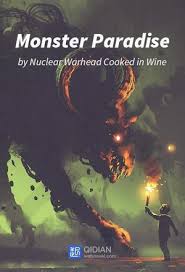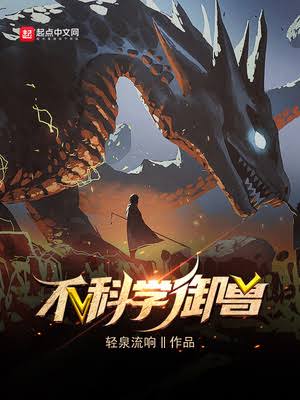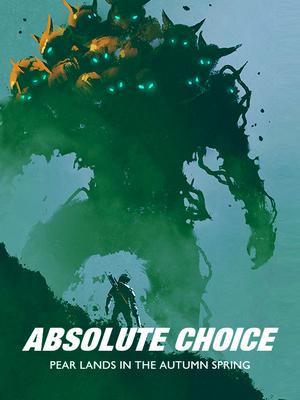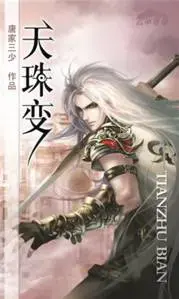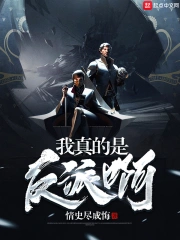The Story in 3 Sentences
A terminally ill teenager from Earth, Lin Huang, is thrust into a lethal new world teeming with monsters, armed only with a mysterious system and the desperate need to survive for his younger sister.
His accidental discovery of a power to capture and command slain monsters transforms him from prey into a hunter, setting him on a chaotic, system-guided path where divine interventions and absurd luck constantly rewrite his fate.
He ascends from a desperate survivor to a world-shaking powerhouse, his journey defined less by grit and more by an ever-expanding arsenal of summoned beasts and narrative conveniences that bend reality to his will.
Why It Stands Out
1. The Ultimate Monster Tamer Fantasy
It delivers pure, uncut wish fulfillment. The core fantasy of capturing any monster you kill, building an ever-growing army of unique beasts, and watching them evolve is executed with relentless, addictive energy. It’s less about deep strategy and more about the visceral thrill of adding another powerful card to your deck, making every battle a potential jackpot.
2. A System That Rewrites the Rules (and the Plot)
The “Goldfinger” system isn’t just a tool; it’s the story’s deus ex machina engine. It grants absurd, game-breaking powers like life-force absorption and instant skill mastery, then layers on emergency escape hatches and divine boons. This creates a narrative where the protagonist’s success feels preordained, turning every crisis into a spectacle of improbable, system-fueled salvation that fans either love for its audacity or hate for its lack of stakes.
3. A World Built for the MC’s Convenience
The setting, a bizarre blend of modern tech and ancient magic, exists primarily as a stage for Lin Huang’s exploits. Its most defining feature is the sheer incompetence of everyone else. Rulers, generals, and seasoned experts are portrayed as bafflingly inept, making the MC’s often simplistic ideas seem like strokes of genius. This deliberate imbalance amplifies the power fantasy, ensuring the spotlight never leaves the protagonist.
Characters That Leave a Mark
There’s Mu Lan – a high-ranking examiner whose sudden, profound loyalty and sacrificial love for Lin Huang, despite minimal interaction, becomes a pivotal, emotionally charged plot device that defies all established logic.
You’ll meet Mo Kui, who is revealed as Lin Huang’s adopted brother and a reincarnated deity, adding layers of cosmic significance and hidden power to the protagonist’s lineage, though his role often feels more like a lore dump than a dynamic character.
And Bai Yan? They’re the one who starts as a dismissive, aloof antagonist, only to devolve into a petty, inconsistent bully whose motivations shift with the wind, serving primarily as a recurring obstacle whose defeats showcase the MC’s ever-growing, system-granted power.
The Flaws Fans Debate
The plot armor is suffocating, rendering every threat meaningless because a system notification or divine squirrel is always seconds away from saving the day.
The world-building is paper-thin, with locations, cultures, and societal structures described in vague, forgettable strokes, existing only as backdrops for the next monster fight.
The power system, initially intriguing with its “Life Wheel” and columns, is quickly rendered irrelevant by the MC’s ability to bypass its core limitations, making the struggles of ordinary characters feel pointless.
Must-Experience Arcs
Ch. 1–50: The Desperate Gambit – Lin Huang, facing imminent death, stumbles through his first encounters, capturing his initial monsters and surviving purely on luck and system quirks, establishing the core “capture and command” mechanic in a flurry of chaotic, high-stakes action.
Ch. 200–400: Divine Intervention and the Phoenix – The story escalates into full-blown absurdity as Lin Huang revives a goddess, receives god-beast pets, and watches allies gain immense power through literal divine handouts, cementing the novel’s commitment to over-the-top, logic-defying escalation.
Ch. 1000–1500: Godhood and Cosmic Stakes – Lin Huang transcends mortal limits, battles deities and cosmic entities with his legion of ultimate monsters, and reshapes reality itself, delivering the ultimate power fantasy payoff where the system’s full, universe-bending potential is unleashed.
Killer Quotes
“Survival isn’t about fairness. It’s about using every tool, every monster, every ounce of luck the system throws your way.”
“The strongest monster isn’t the one with the highest rank. It’s the one that answers your call when the world is ending.”
“Genius? No. I just have a system that lets me turn every defeat into a new beginning.”
Cultural Impact
It became a lightning rod for debate within the web novel community, equally famous for its sky-high reader numbers and its intensely polarizing, often scathing, critical reviews.
The term “Goldfinger MC” entered fan lexicon as shorthand for a protagonist whose success is entirely dependent on an overpowered, plot-manipulating system rather than personal skill or growth.
Its most infamous scenes, like the “dying confession” distraction or the “goddess’s pet squirrel” deus ex machina, are frequently memed and referenced as peak examples of lazy, wish-fulfillment writing.
Final Verdict
Start Here If You Want:
A non-stop, adrenaline-fueled monster-collecting power trip where the underdog always wins, no matter how impossible the odds.
Pure, unapologetic escapism where logic takes a backseat to spectacle, divine interventions, and the thrill of building an unstoppable monster army.
A story that prioritizes immediate, visceral satisfaction over long-term narrative coherence or character depth.
Study If You Love:
Deconstructing the mechanics of wish-fulfillment narratives and how systems are used as narrative crutches in modern web fiction.
Analyzing the cultural phenomenon of “plot armor” and its acceptance or rejection by different reader demographics.
Exploring the tropes of xianxia and isekai genres, particularly how they handle power progression, world-building, and the role of the “chosen one.”
Avoid If You Prefer:
Stories where characters earn their victories through struggle, strategy, and believable growth rather than divine lottery wins.
Narratives with consistent internal logic, well-developed worlds, and characters whose actions have lasting, meaningful consequences.
Plots that avoid deus ex machina resolutions and where the protagonist’s survival feels genuinely uncertain.
